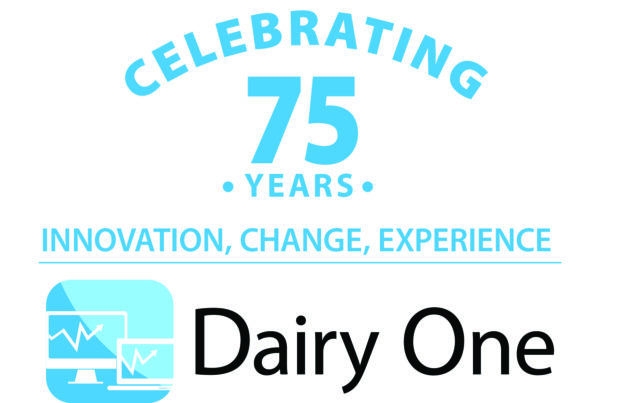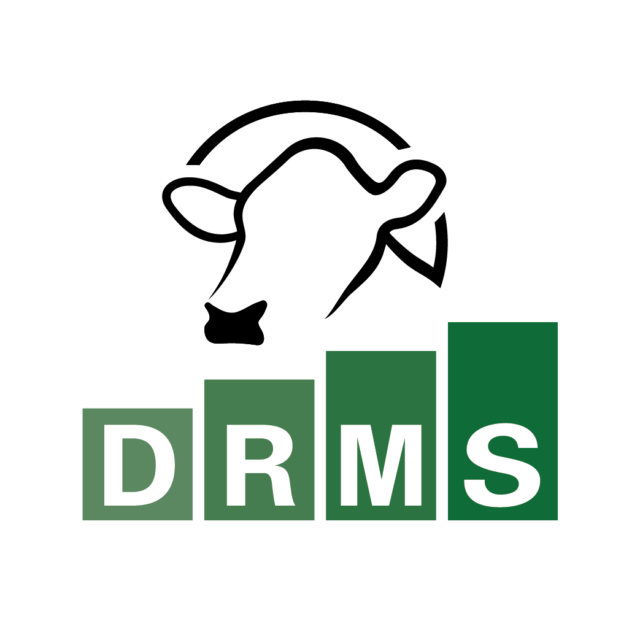Last issue we discussed two possible plans to tax all the milk or just the new milk.
This issue we have asked Bruce Rivington, EFS LLC, to share his thoughts about if there should even be a growth management plan. He shares why he thinks such a plan would hurt the dairy industry.
What do you think? Cast your vote on how the market access fee if any at all, should be handled.
Bruce Rivington
EFS LLC of Hamilton, New York
We moved our dairy farm from Canada to New York State in 2000. Part of our reason for moving was to get away from the Canadian supply management system. This system does work well for many people but due to the restrictions and responsibilities that go with the benefits, it did not suit our personal goals. There is no perfect milk marketing system. Historically the rate of decline in dairy farm numbers has been almost equal in both the U.S. and Canada. Here in the U.S. there is more opportunity to make money and more opportunity to go broke. In spite of the instability of the milk price our family has made more financial progress than if we had stayed under supply management. In listening to the discussion on the benefits of a supply management system or managed growth plan, there are some things that I am not hearing mentioned.
Producer and research thinking will have to change. In Canada we get paid for the most profitable pound of milk, while in the U.S. we get paid for the last profitable pound of milk. If you know exactly how much you can ship in a year then your goal should be to produce it in the cheapest way possible. If maintenance clauses get put into place (and they will eventually), then the cost of producing milk goes up.
If there is a milk base, sooner or later it will have value. This will restrict ease of entry into the dairy business. As well, farmers could have millions of dollars invested in an intangible asset that they could not borrow against.
When herd growth is limited or non-existent, there will not be a domestic market for heifers. In 2003 the BSE crisis hit Canada and the U.S. border closed to cattle. Heifer prices plummeted. We had 97 heifers that were being raised in Canada. In March of 2004 we sold 60 close springers, 36 ready-to-breed heifers and 1 calf for a total of C$7,500. I understand that at that time it took an extremely good Holstein beef cow to bring 20 cents per pound and most cull cows did not cover the cost of trucking. If we put a supply management system in place here, plan on breeding the bottom third of your herd to a good beef bull. The heifers will be worth the same and the bulls more than dairy bulls.
There appears to be a surplus of milk that is an underlying cause of our current milk price disaster. Rather than change the system we should look at internal ways of reducing the supply while making ourselves more profitable. Feeding calves whole milk – maybe CWT could do cost-share on pasteurizers. We need to follow the lead of other countries that are doing research on once-a-day milking and now have several years of OAD indexes on bull proofs. Grazing will reduce milk production but increase returns in some situations, as will seasonal milking. PD
Votes from other dairy producers
“We have a severe problem now! February and March Class III look terrible! Many of us will go broke if we wait any longer – get it done! DPSP”
Voted for: New milk – $3 cwt
--Jim Comp Producer, Comp Dairy Farm, Dorset, Ohio
“My 1st quota vote is for no supply management. My 2nd vote would be only on new milk, priced at 25 to 50 percent of quota milk.
“Now here in Michigan in December there is a massive start-up of new barn construction. The price of milk has come up so everybody wants to get producing all the milk they can before a supply management program is started, so they can get a bigger quota. If a program is started they better base it off 2007 production. The price raise will be short-lived if they add a lot more cows.”
Voted for: No supply management
--Roger Wangler Producer, Bo-Te Farms, Inc., West Branch, Michigan
“I am a young dairy producer having started my operation two years ago. The thought of supply management has me worried that it may be quite difficult, if not impossible, for me to get my operation to where I would like it to be.
“The question I have for anyone developing and/or supporting supply management programs is this: Do you have solid proof that supply management will have a positive effect for all involved? I would encourage anyone to pick up a college-level economics book and do some reading. If someone could point out the section that describes how supply management (basically supply restriction) has a positive effect on long-term producer prices, I would be interested in reading it.
“Moving back to a free market would be ideal but we all know it would be impossible to eliminate all the subsidies and other supports that currently exist. A supply management program would be a step in the opposite direction and would only move us further from an effective system and closer to a socialist-like control of this industry. Contrary to what John Meyer said (in the last issue of the PD), the supply management system would not result in a higher mailbox price long-term.
“Again, simple economics tells us that any interference with either supply or demand will result in a lower price for producers and a higher price for consumers in the long run.”
Voted for: No supply management
--Toby Tormaschy
Producer, Tormaschy Dairy, Richardton, North Dakota




